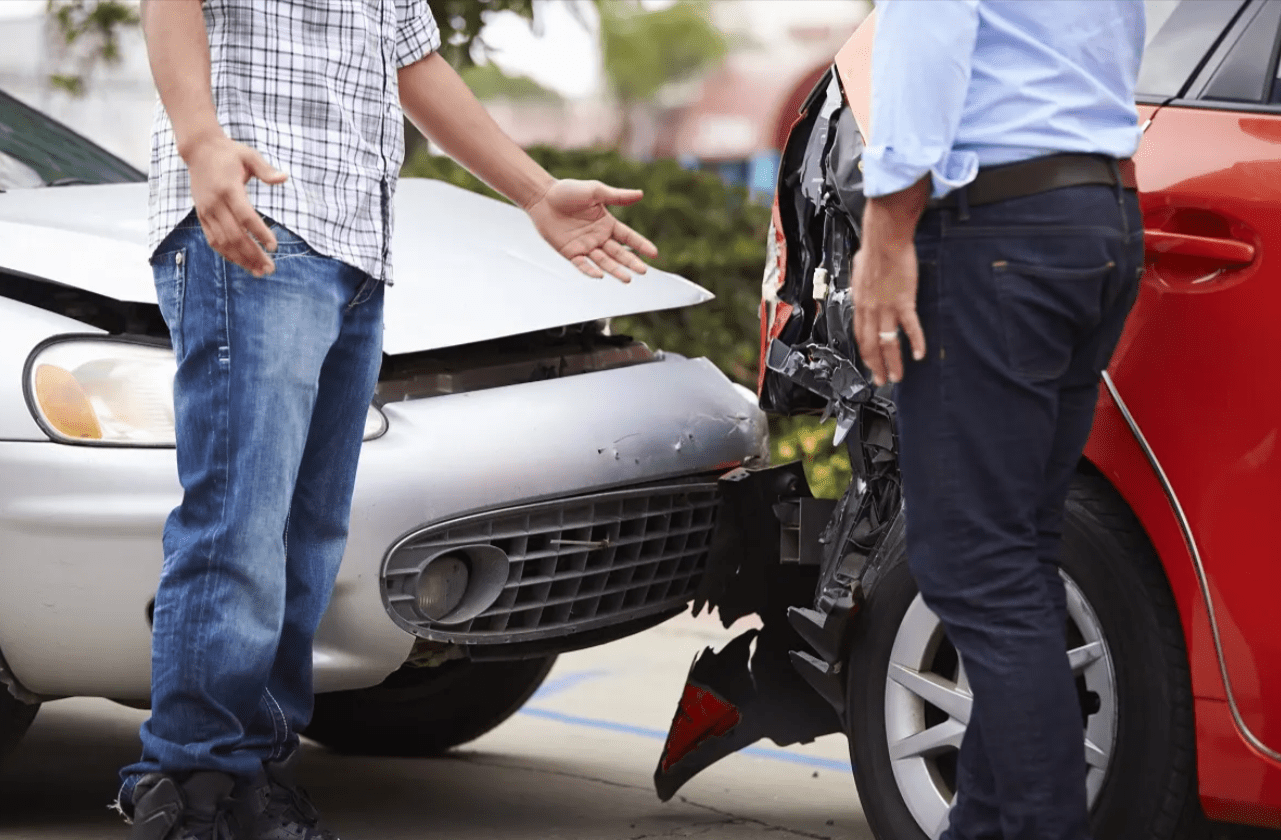Dealing with medical bills after a car crash can be overwhelming. In Washington, understanding who pays these bills is crucial for your peace of mind. Whether it’s your car insurance, the other driver’s insurance, or health insurance, the responsibility can be confusing. You might face unexpected costs, and knowing your options can reduce stress. The good news is that Washington is a “fault” state. This means the person responsible for the accident typically pays. But this process isn’t always straightforward. Insurance companies might not cover everything, leaving you with unpaid bills. You deserve clarity and support. If you’re struggling with medical expenses after a crash, get legal help today. A professional can guide you through the legal maze and help protect your rights. Don’t let confusion add to your burden. Understanding who pays can lift a weight off your shoulders and let you focus on healing.
Understanding Fault and Insurance in Washington
Washington operates under a “fault” system when it comes to car accidents. This means that the person who caused the accident is responsible for paying the damages. Damages can include vehicle repairs, medical bills, and other related costs. Knowing how to navigate the insurance landscape is essential. Your first point of contact is usually insurance companies.
Insurance policies differ, and it’s important to understand yours. Personal Injury Protection (PIP) is optional in Washington. It covers medical expenses regardless of who is at fault. If you have PIP, your insurance pays first. This can help you avoid upfront costs and focus on recovery.
Options for Covering Medical Bills
After a car accident, several options can help cover medical expenses:
- Personal Injury Protection (PIP)
- Health Insurance
- Liability Coverage from the At-Fault Driver
- Medpay (if available)
Each option comes with its own conditions. PIP and health insurance might not cover all costs. Liability coverage requires proof of fault, which can delay payment. Medpay is typically faster but not universally available.
Comparing Insurance Options
Understanding the differences between your options is key. Here is a simple comparison table to clarify:
| Option | Coverage | Conditions |
| Personal Injury Protection (PIP) | Covers medical expenses immediately | Optional in Washington, depends on policy |
| Health Insurance | Standard medical coverage | May not cover all accident-related expenses |
| Liability Coverage | Covers costs if the other driver is at fault | Requires proving fault, can delay payment |
| Medpay | Covers medical costs quickly | Optional, not available in all policies |
Steps to Take After an Accident
Knowing the right steps to take can ease the process:
- Contact your insurance company. Report the accident promptly.
- Gather evidence. Take photos, collect witness statements, and get a police report.
- Seek medical attention immediately, even for minor injuries.
- Keep records of all medical treatments and expenses.
- Consider speaking with a legal expert to understand your rights and options.
Legal Guidance and Support
If you’re facing issues with insurance or medical bills, seeking legal advice can be beneficial. Legal professionals can help clarify responsibilities and navigate complex insurance claims. They can also assist in pursuing compensation from the at-fault driver.
Conclusion: Taking Charge of Your Recovery
Facing medical bills after a car crash in Washington can feel daunting. But, by understanding your insurance options and taking informed steps, you can manage the financial implications. If confusion arises, don’t hesitate to seek legal help. You’re not alone, and support is available to guide you through this challenging time. Remember, handling medical bills effectively allows you to focus on what truly matters: your recovery and well-being.
